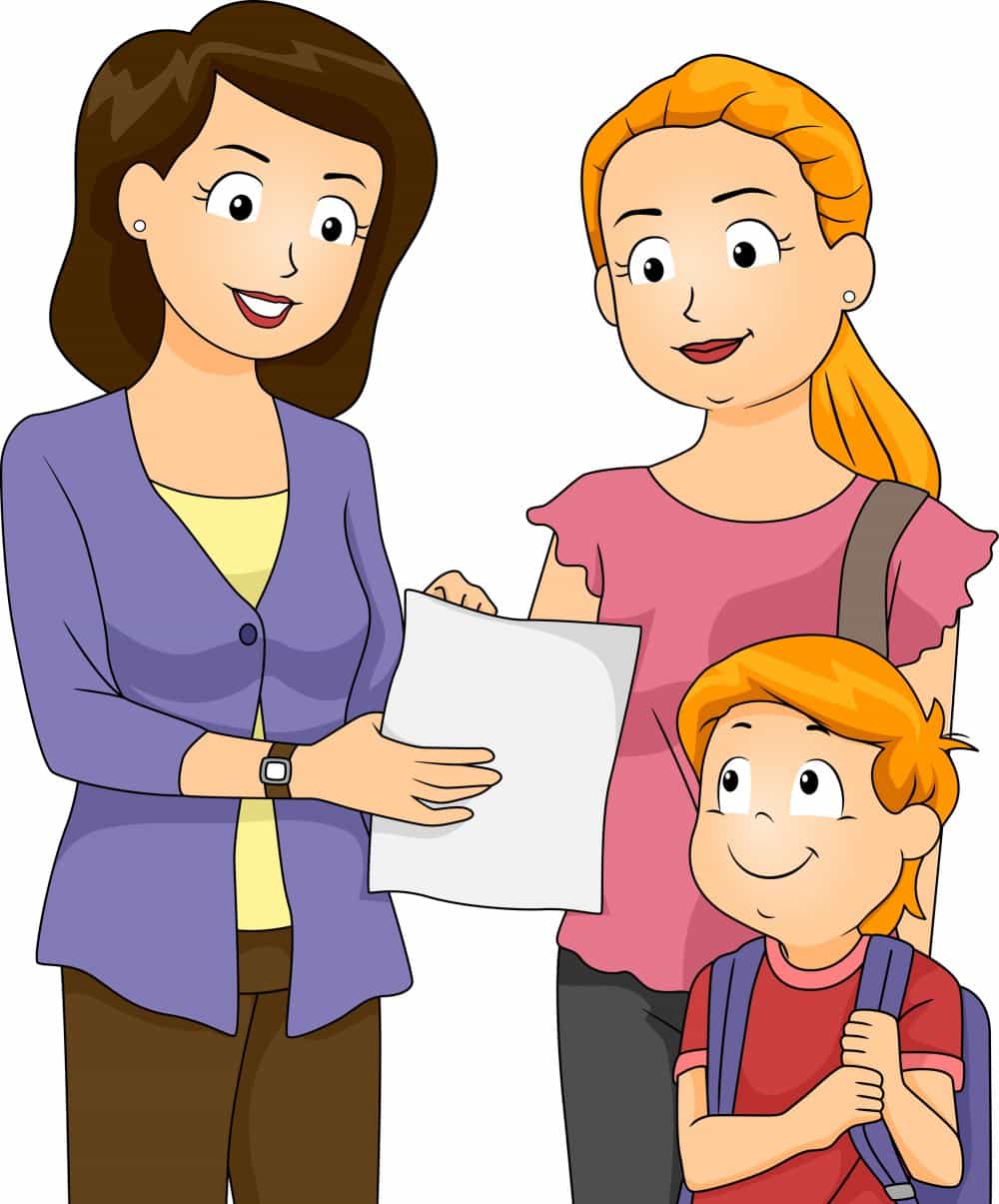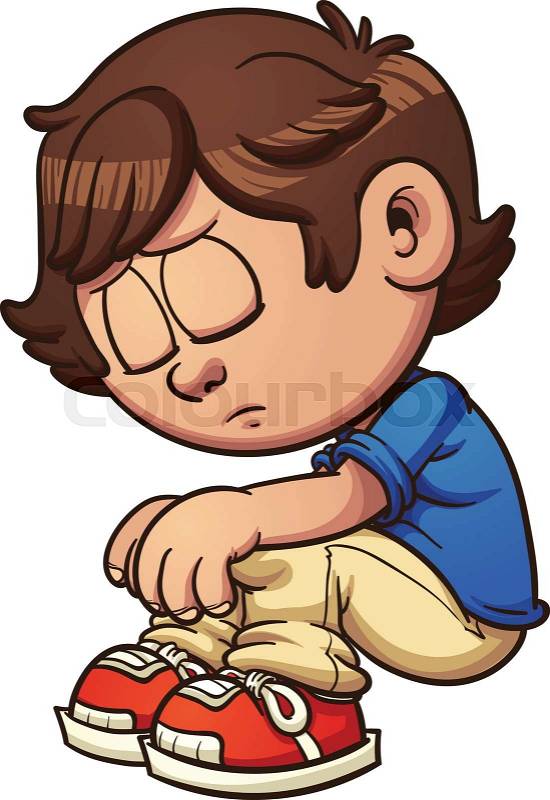 I would like to continue a conversation I overheard from my DQ I believe was last week. I am speaking to this because it made me so angry.
I would like to continue a conversation I overheard from my DQ I believe was last week. I am speaking to this because it made me so angry.I work for Head Start and we serve both breakfast and lunch besides other awesome services. The conversation I overheard was during breakfast while I had to be on the computer putting in data required by the program. My two TA's (I am lucky to have two this year!) were sitting with the children when one of the family workers came in. This is when the conversation began about a little boy (I will call him J), who was sitting between these three adults as they discussed his personality and even his looks.
Family Worker-"He always looks so angry."
TA1-"That's because he always is angry, especially when he can't have what he wants."
TA2- "Yea, he will just stand there with his arms folded and pout, you never know what will set him off."
FW- "Well his face always looks angry, I think it is his eyebrows."
TA1- "Yea, his one eye brow..."
ME- "You guys realize J can hear you right?"
TA1-Just shrugged her shoulders as if to say "So?" but then the conversation stopped.
This whole conversation made me so angry but when TA1 shrugged her shoulders dismissing the whole concern, I thought I would jump out of my skull because I could see "red." My face or body language might have portrayed my thoughts because the conversation stopped. this conversation speaks to our resources this week. Talking about babies (even older children) instead of to babies discounts then as individual, telling then they are not valued (Kovach & DaRos-Voseles, 2011). Talking about J is bad enough but to discuss not only his behavior but his looks as well as if it was something to be ashamed of is inexcusable. I should have jumped in after the very first comment but being one that is very uncomfortable with confrontation and I do not like to criticize people in front of others, I waited too long and when I was too angry to address the conversation. I should have made sure J was okay and perhaps done a large group scenario using puppets (we do not have persona dolls at our center) acting out a similar circumstance. This would have not only taught the children to be careful with their words but my TA's as well in a non-threatening manner.
 I can only imagine how this whole experience affected J but I certainly can be pretty certain it was negative. Not only did these adults say things about his personality but his appearance, which there is nothing he can do anything about. I also must put blame on myself as I did not protect him from this soon enough for the damage not to occur. Teacher's words and the way they use them creates meaning for children and themselves, reminding us that it is important to consider the actual words we say to children (Dangei &Durden, 2010).
I can only imagine how this whole experience affected J but I certainly can be pretty certain it was negative. Not only did these adults say things about his personality but his appearance, which there is nothing he can do anything about. I also must put blame on myself as I did not protect him from this soon enough for the damage not to occur. Teacher's words and the way they use them creates meaning for children and themselves, reminding us that it is important to consider the actual words we say to children (Dangei &Durden, 2010). I have learned a valuable lesson about myself and that is in order to be a true anti-bias educator and advocate for children I am going to have to work on my confrontation skills and how to respectfully address unfairness. I can only do this through study and practice. I need to ask my director to set up trainings in this area for the whole staff in not only our center but across the program. Unfortunately, conversation such as these are not narrowed to just one or two situations. As an educator, I must continually ask myself how I can use language for the ultimate purpose to support children's development and learning (Dangei &Durden, 2010).
I have learned a valuable lesson about myself and that is in order to be a true anti-bias educator and advocate for children I am going to have to work on my confrontation skills and how to respectfully address unfairness. I can only do this through study and practice. I need to ask my director to set up trainings in this area for the whole staff in not only our center but across the program. Unfortunately, conversation such as these are not narrowed to just one or two situations. As an educator, I must continually ask myself how I can use language for the ultimate purpose to support children's development and learning (Dangei &Durden, 2010).
Reference
Rainer Dangei, J., & Durden, T. R. (2010). The nature of teacher talk during small group activities. YC: Young Children, 65(1), 74-81.
Hello Jennifer,
ReplyDeleteAnd this is my biggest issue I have to overcome when training staff members. The child can hear you and no matter the age it can hurt generally individuals do not have the best body language they are talking about others and this message can be sent to even an infant. Keeping this in mind as we discuss situations and pass info throughout the day can be difficult, but remember it hurts to be discussed. I generally discuss journals to pass information. What you witnessed is gossip and that is sad. This behavior is sending a message that it is ok to talk poorly off others. Good for you for speaking up and saying something. Thanks for sharing.